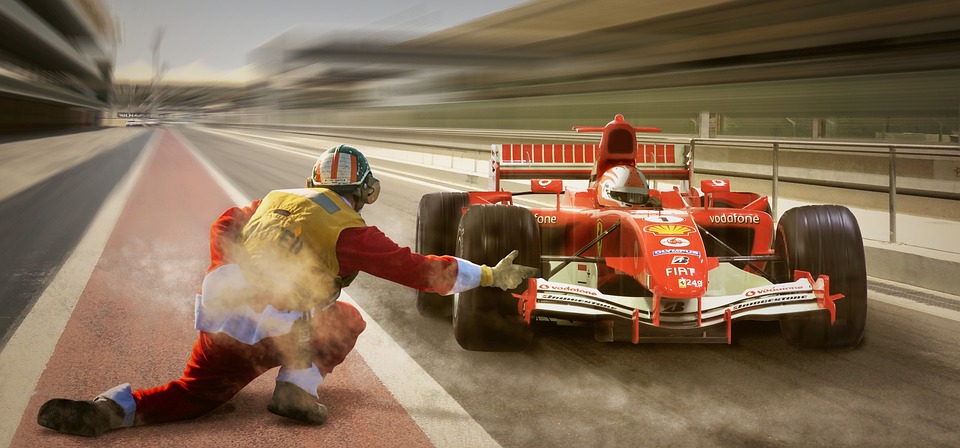Formula 1 (F1) has transcended its status as merely a motorsport; it has evolved into a global phenomenon that captivates millions and influences various aspects of culture, technology, and economy worldwide. Beyond the high-speed drama and adrenaline of racing, F1 brings together diverse communities, encourages technological innovation, and enhances global marketing strategies, leaving a palpable impact on its worldwide popularity.
A Global Stage
Cultural Exchange
F1’s international calendar features races across five continents, from the bustling streets of Monaco to the futuristic circuits of Singapore and the historic tracks of Silverstone. Each destination brings its own culture and flair to the event, showcasing local traditions while attracting a global audience. The ability of F1 to blend local cultures with a universal love for racing creates a rich tapestry that enhances its worldwide appeal.
Driver Diversity
The sport has seen an increase in global talent, with drivers from various backgrounds making their mark. Icons like Lewis Hamilton, who has championed diversity and inclusion, attract fans from different demographics and inspire future generations. This diverse representation helps in breaking down barriers, making racing accessible and relatable to a broader audience.
Technological Advancement
Innovation in Engineering
F1 is at the forefront of technological innovation. The demand for speed and efficiency has led to breakthroughs in aerodynamics, materials science, and hybrid technology. Innovations initially developed for F1 cars often find their way into consumer products, enhancing everyday life. The development of high-performance tires, energy recovery systems, and advancements in AI-driven analytics showcases the sport’s impact on various industries.
Sustainability Initiatives
As global awareness of climate change grows, F1 has begun to respond with sustainable practices. The introduction of hybrid engines and initiatives like the “Net Zero Carbon by 2030” plan illustrate the sport’s commitment to environmental responsibility. These strategies not only attract eco-conscious fans but also set a standard for other industries, amplifying F1’s relevance in contemporary discussions on sustainability.
Economic Impact
Sponsorship and Marketing
The financial implications of F1 are significant. Major brands sponsor teams, driving billions in revenue and contributing to local economies where races are held. The unique marketing opportunities presented by F1—including brand visibility on a global stage—allow companies to engage with an expansive audience, making it a valuable platform for promoting goods and services.
Tourism and Local Economies
F1 races attract visitors from around the world, positively impacting local economies. Hotels, restaurants, and transport services experience increased demand, leading to job creation and economic growth in host cities. This economic ripple effect further solidifies F1’s position as a vital player in the global marketplace.
Digital Transformation
Engaging the Younger Generation
F1 has recognized the importance of appealing to the digital-savvy younger generation. Initiatives such as the “Drive to Survive” series on Netflix have introduced the sport to new audiences outside traditional motorsport fans. This engaging storytelling format offers an insider view of the sport, humanizing the drivers and teams while building a community of passionate viewers.
Social Media Influence
The rise of social media has also transformed how fans interact with F1. Platforms like Twitter, Instagram, and TikTok allow fans to connect with their favorite drivers, teams, and events instantaneously. This interaction fosters community and dialogue, creating a sense of involvement and loyalty that extends beyond race weekends.
F1: A Model for the Future
F1 is more than just a sport; it’s a complex ecosystem that reflects broader societal changes. Its commitment to diversity, technological advancement, and sustainability showcases its ability to adapt to contemporary challenges while fostering global engagement. As F1 continues to grow its fanbase, it underscores the power of sports in shaping culture, driving innovation, and influencing economics.
Conclusion
The impact of Formula 1 on global popularity is profound, interconnected with advancements in technology, shifts in cultural dynamics, and economic growth. As F1 races into the future, its ability to evolve and engage with a wider audience will only amplify its status as one of the world’s most celebrated and influential sports. In an era where connections matter more than ever, F1 serves as a testament to the unifying power of competition and passion on a global scale.



